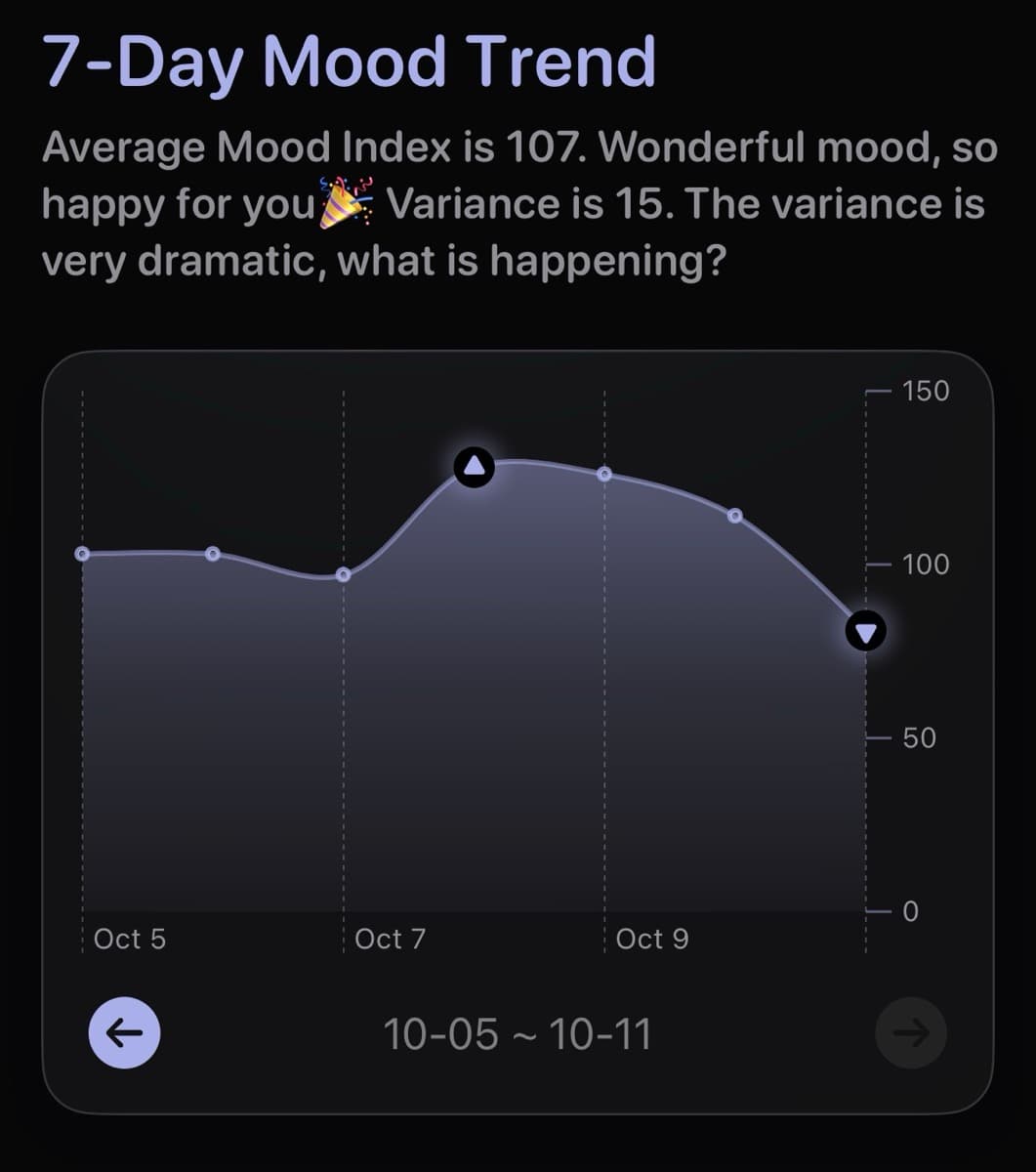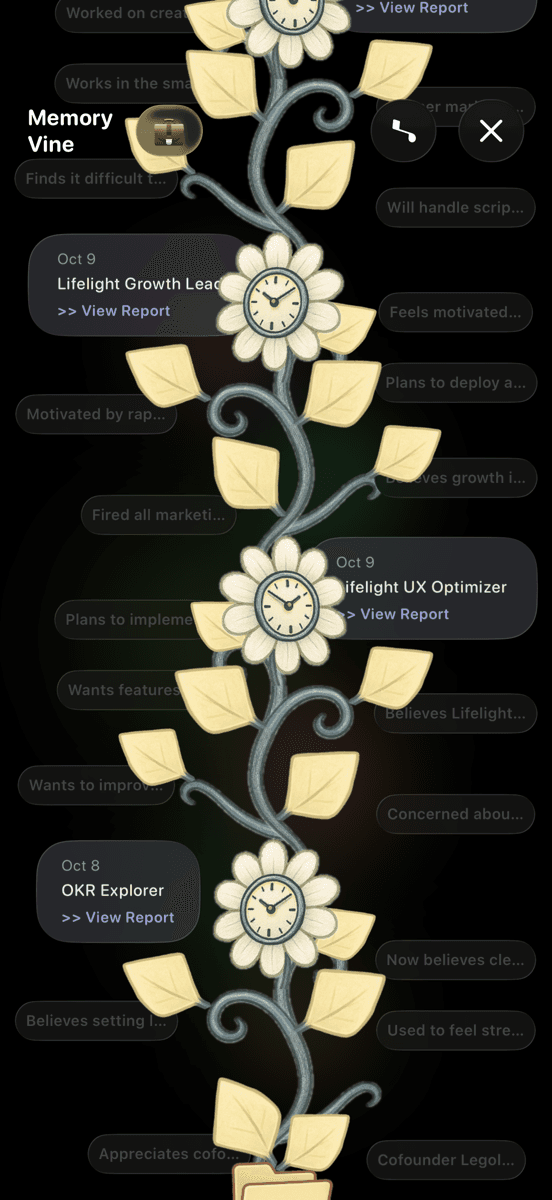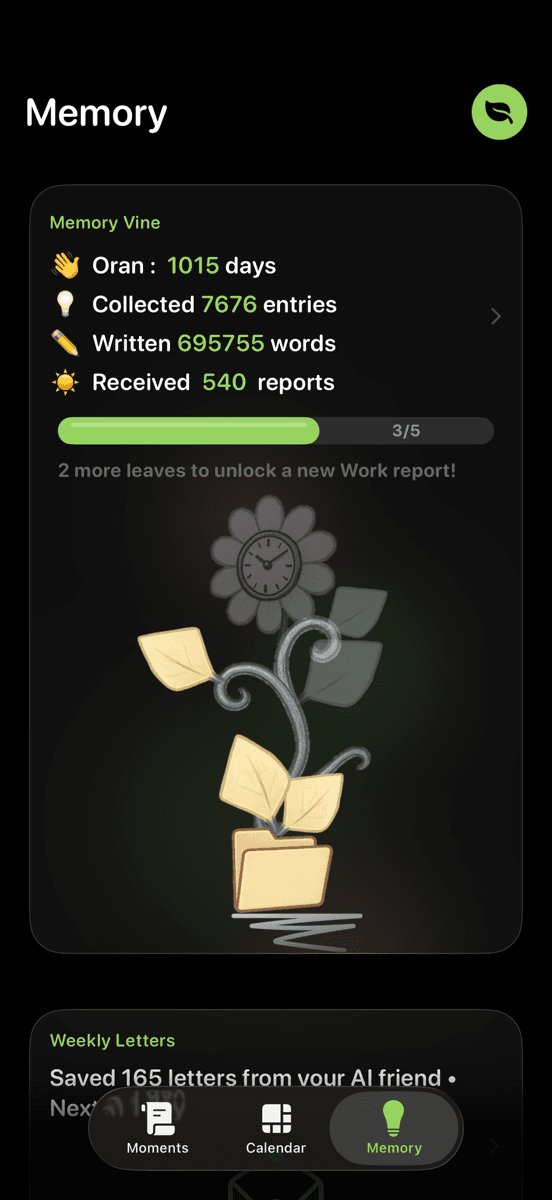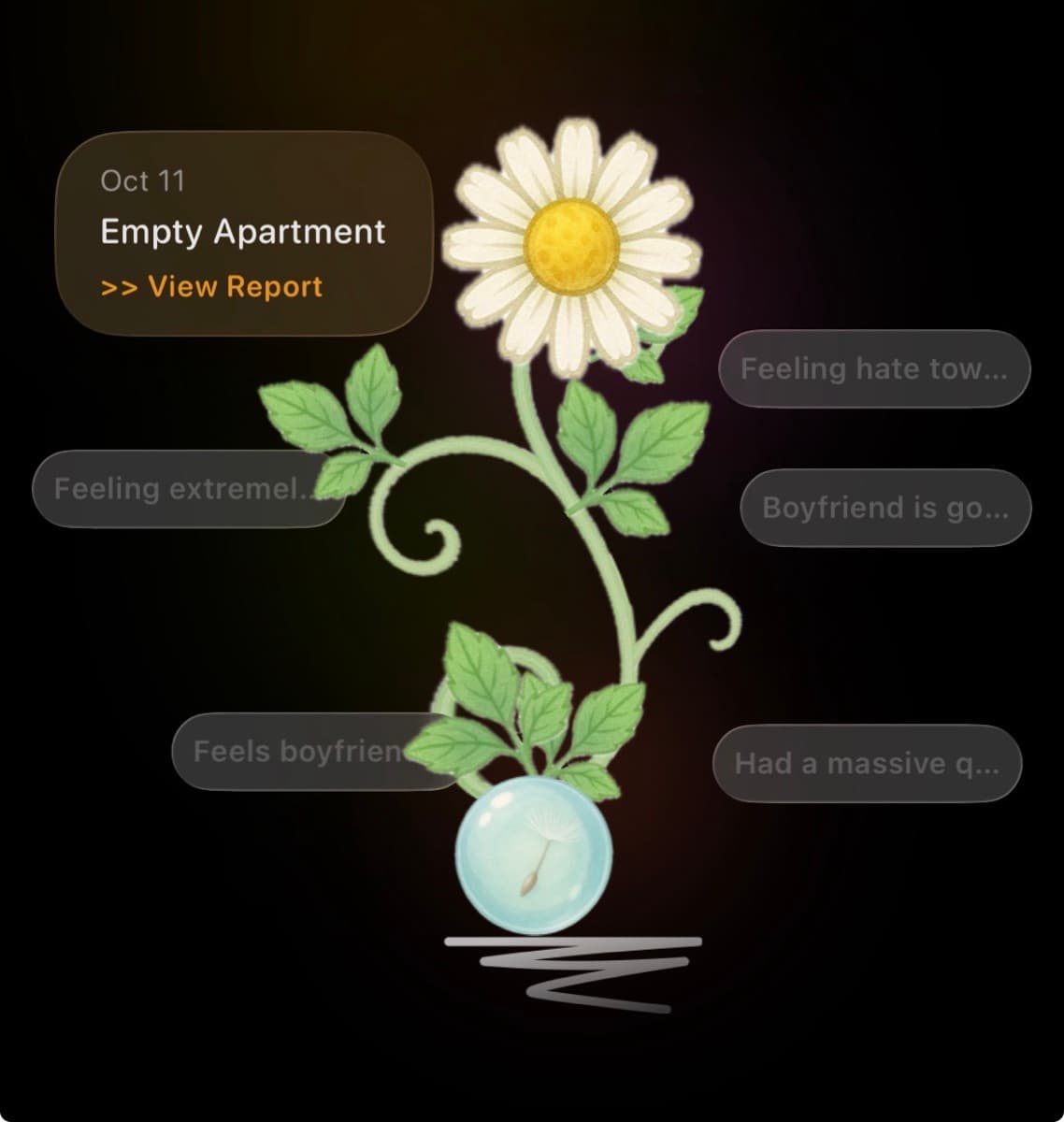Your manager says, "Can we talk later?" Your stomach drops. Your mind spirals: "I'm getting fired. They hate me. I've ruined everything."
Later, they just wanted to discuss a minor schedule change.
Or: A friend doesn't reply to your text for 3 hours. You're convinced they're mad at you. You've replayed every recent conversation looking for what you did wrong. You're considering apologizing—but for what?
This isn't "just" anxiety. It's Rejection Sensitivity Dysphoria (RSD).
And if you have ADHD, you almost certainly experience it.
What Is Rejection Sensitivity Dysphoria (RSD)?
Rejection Sensitivity Dysphoria is extreme emotional pain triggered by perceived rejection, criticism, or failure.
Key features:
- Intense, immediate emotional pain: Not just sadness—visceral, overwhelming distress
- Triggered by perceived (not just actual) rejection: A neutral comment can feel like harsh criticism
- Disproportionate response: Small social missteps feel catastrophic
- Short-lived but severe: The pain is intense but often passes within minutes to hours
- Often invisible: You've learned to hide it, so people don't see the internal devastation
Dr. William Dodson, who coined the term, estimates that 99% of adults with ADHD experience RSD. It's not an official diagnostic criterion, but it's one of the most debilitating aspects of ADHD.
What RSD Feels Like
People with RSD describe it as:
- "A punch to the gut"
- "Like the floor dropped out from under me"
- "Physical pain in my chest"
- "Instant, overwhelming shame"
- "Feeling like I want to disappear"
- "Everything I've feared about myself just got confirmed"
Example scenarios that trigger RSD:
- Someone doesn't laugh at your joke → "I'm annoying and nobody likes me"
- A text is shorter than usual → "They're mad at me and our friendship is over"
- Constructive feedback at work → "I'm incompetent and about to be fired"
- A friend cancels plans → "They don't actually want to spend time with me"
- Someone doesn't greet you enthusiastically → "I did something wrong"
Neurotypical response: "Oh, they must be busy."
RSD response: "I've been rejected. This is unbearable."
Why ADHD Brains Experience RSD
RSD isn't "just" insecurity. It has neurobiological roots.
1. Emotional Dysregulation
ADHD brains have difficulty regulating emotional intensity. All emotions are felt more intensely—including rejection and criticism.
2. Dopamine Dysregulation
ADHD brains have fewer dopamine receptors. Social rejection triggers a sharper dopamine drop, which feels more painful.
3. Lifetime of Actual Rejection
If you have ADHD, you've likely experienced:
- Being told you're "too much" (too loud, too talkative, too energetic)
- Being criticized for forgetting things, being late, not paying attention
- Being called lazy, careless, inconsiderate
- Social rejection for being "weird" or "annoying"
- Academic or work failures despite trying hard
Result: Your brain learns that rejection is common and devastating. RSD becomes a hypervigilant protection mechanism.
4. Impaired Social Cue Reading
ADHD can impair the ability to accurately read social cues. You might misinterpret neutral expressions as disapproval, which triggers RSD.
How RSD Shows Up in Daily Life
In Relationships
- Constant reassurance-seeking: "Are you mad at me?" "Did I do something wrong?"
- Over-apologizing: Saying sorry for things that aren't your fault
- Withdrawing after perceived rejection: Ghosting friends to avoid further hurt
- People-pleasing: Overextending yourself to avoid any possibility of rejection
- Avoiding vulnerability: Not sharing feelings to prevent potential criticism
At Work
- Perfectionism: Obsessing over work to avoid any criticism
- Procrastination: Avoiding tasks where failure (and rejection) is possible
- Overworking: Trying to prove your worth constantly
- Catastrophizing feedback: "My manager said my report needs edits" → "I'm getting fired"
- Difficulty accepting criticism: Even constructive feedback feels like personal attack
Socially
- Avoiding social situations: Where you might say something "wrong"
- Ruminating after interactions: Replaying conversations, analyzing every word
- Masking heavily: Hiding your personality to avoid rejection
- Assuming the worst: Interpreting ambiguous situations negatively
RSD vs. Social Anxiety: What's the Difference?
RSD and social anxiety overlap but aren't the same.
| Aspect | RSD | Social Anxiety |
|---|---|---|
| Trigger | Perceived rejection or criticism | Fear of judgment in social situations |
| Timing | Sudden, intense, short-lived | Anticipatory anxiety before/during events |
| Emotional quality | Shame, devastation, emotional pain | Fear, worry, dread |
| Duration | Minutes to hours (intense but brief) | Longer-lasting worry and avoidance |
| Response | Emotional shutdown, withdrawal, shame spiral | Physical symptoms, avoidance, safety behaviors |
You can have both. Many people with ADHD develop social anxiety because of repeated RSD experiences.
The Two Faces of RSD
RSD manifests in two main ways:
Type 1: Internalized RSD (People-Pleasing)
Response to rejection: "I need to be perfect so no one can criticize me."
Behaviors:
- Excessive people-pleasing
- Never saying no
- Overworking to prove your worth
- Hiding your true personality
- Constant apologizing
- Anxiety about disappointing anyone
Type 2: Externalized RSD (Defensiveness/Anger)
Response to rejection: "I'll reject you before you can reject me."
Behaviors:
- Intense defensiveness when criticized
- Anger outbursts when feeling rejected
- Cutting people off before they can hurt you
- Harsh self-criticism to beat others to it
- Rejecting help or feedback
Many people alternate between both types depending on the situation and relationship.
How to Manage RSD (Strategies That Actually Help)
Step 1: Recognize It's RSD, Not Reality
In the moment of RSD:
- Name it: "This is RSD. This is my brain's alarm system overreacting."
- Remind yourself: "This feeling is intense but temporary. It will pass."
- Distinguish feeling from fact: "I feel rejected, but that doesn't mean I am rejected."
This doesn't make the pain go away, but it prevents you from acting on distorted thoughts.
Step 2: Delay Responses
When RSD is triggered, your impulse might be to:
- Send a long apologetic text
- Lash out defensively
- Withdraw completely
- Quit your job
- End a relationship
Don't act while RSD is active.
Instead:
- Wait 24 hours before responding to triggering feedback
- Write the angry email but don't send it
- Tell yourself: "I'll reassess tomorrow when I'm calmer"
RSD intensity usually fades within hours. You'll see the situation more clearly later.
Step 3: Reality-Check with Trusted People
RSD distorts perception. You need external input.
Ask someone you trust:
- "I'm spiraling. Can you help me reality-check this?"
- "Does this criticism sound harsh to you, or is my RSD overreacting?"
- "Am I reading too much into this interaction?"
Important: Choose people who understand RSD and won't dismiss your feelings.
Step 4: Externalize Your Thoughts
RSD thrives in your head. Get it out.
Options:
- Voice memos: Talk through your feelings out loud
- Journaling: Write the spiral, then write a rational response
- Texting a friend: Even if they don't respond, externalizing helps
I use Lifelight to quickly log when RSD is triggered. Over time, I noticed patterns—RSD spikes when I'm tired, hungry, or overstimulated. Knowing this helps me contextualize the feeling instead of believing it's always accurate.
Step 5: Preemptive Communication
Tell people you trust about RSD.
Examples:
- With friends: "I have ADHD, which means I'm very sensitive to perceived rejection. If I seem anxious about our friendship, it's my brain, not reality. I appreciate reassurance."
- With partners: "Sometimes I'll need reassurance that you're not mad at me. It's not about trust—it's about how my brain works."
- With managers: "I respond well to direct, clear feedback. If something needs improvement, let me know specifically—vagueness triggers anxiety."
This reduces the chance of misinterpretation and helps people support you.
Step 6: Build Evidence Against RSD Thoughts
RSD says: "Everyone thinks you're annoying."
Counter with evidence:
- "Three friends texted me this week to make plans"
- "My manager gave me positive feedback last month"
- "People laugh at my jokes regularly"
Keep a "evidence file"—screenshots of kind messages, positive feedback, proof that people value you. Review it when RSD strikes.
Step 7: Medication Considerations
ADHD stimulant medication: Many people report RSD decreases when ADHD is treated. Better emotional regulation = less intense RSD.
Alpha agonists (Guanfacine, Clonidine): Dr. Dodson reports these can specifically help RSD in some people.
SSRIs/SNRIs: May help if RSD co-occurs with anxiety or depression.
Work with a psychiatrist familiar with RSD and ADHD.
Step 8: Therapy Approaches That Help
Dialectical Behavior Therapy (DBT): Teaches distress tolerance and emotional regulation—both crucial for RSD.
Acceptance and Commitment Therapy (ACT): Helps you observe RSD without being controlled by it.
ADHD-informed therapy: A therapist who understands that RSD is neurobiological, not just "low self-esteem."
What Doesn't Help (Stop Doing These)
- "Just stop caring what people think": RSD is neurobiological, not a choice
- "You're too sensitive": Dismissive and increases shame
- "Toughen up": Doesn't address the root cause
- Avoiding all situations where rejection is possible: Shrinks your life
Living with RSD: My Personal Approach
I've had RSD my entire life. Here's what helps me:
- I recognize the pattern: "This is RSD. It's not reality."
- I don't act immediately: No impulsive texts, no quitting, no burning bridges
- I reality-check with my partner: "I'm spiraling. Can you tell me if this is real?"
- I track when RSD is worst: Low sleep, high stress, low blood sugar all make it worse
- I've told close people about RSD: They know to be direct and reassuring
- I keep an evidence file: Kind texts, positive reviews, proof I'm not universally hated
- Stimulant medication helps: RSD is less intense when my ADHD is managed
Result: RSD still happens, but it doesn't control my life. I can recognize it, sit with the discomfort, and let it pass without blowing up my relationships or career.
You're Not "Too Sensitive"
If you experience RSD, you've probably been told you're "too sensitive" your whole life.
You're not.
Your brain processes rejection and criticism with more intensity because of neurobiological differences. That's not a character flaw—it's ADHD.
RSD is real. It's painful. And it's manageable.
Strategies that help:
- Recognize RSD when it's happening
- Delay responses until the intensity passes
- Reality-check with trusted people
- Track patterns to understand triggers
- Consider ADHD treatment (medication, therapy)
- Communicate your needs to people who care about you
You're not broken. You're neurodivergent. And there are ways to make RSD less debilitating.
Start with one strategy. Track what helps. Be patient with yourself.
The pain is real, but so is your resilience.



